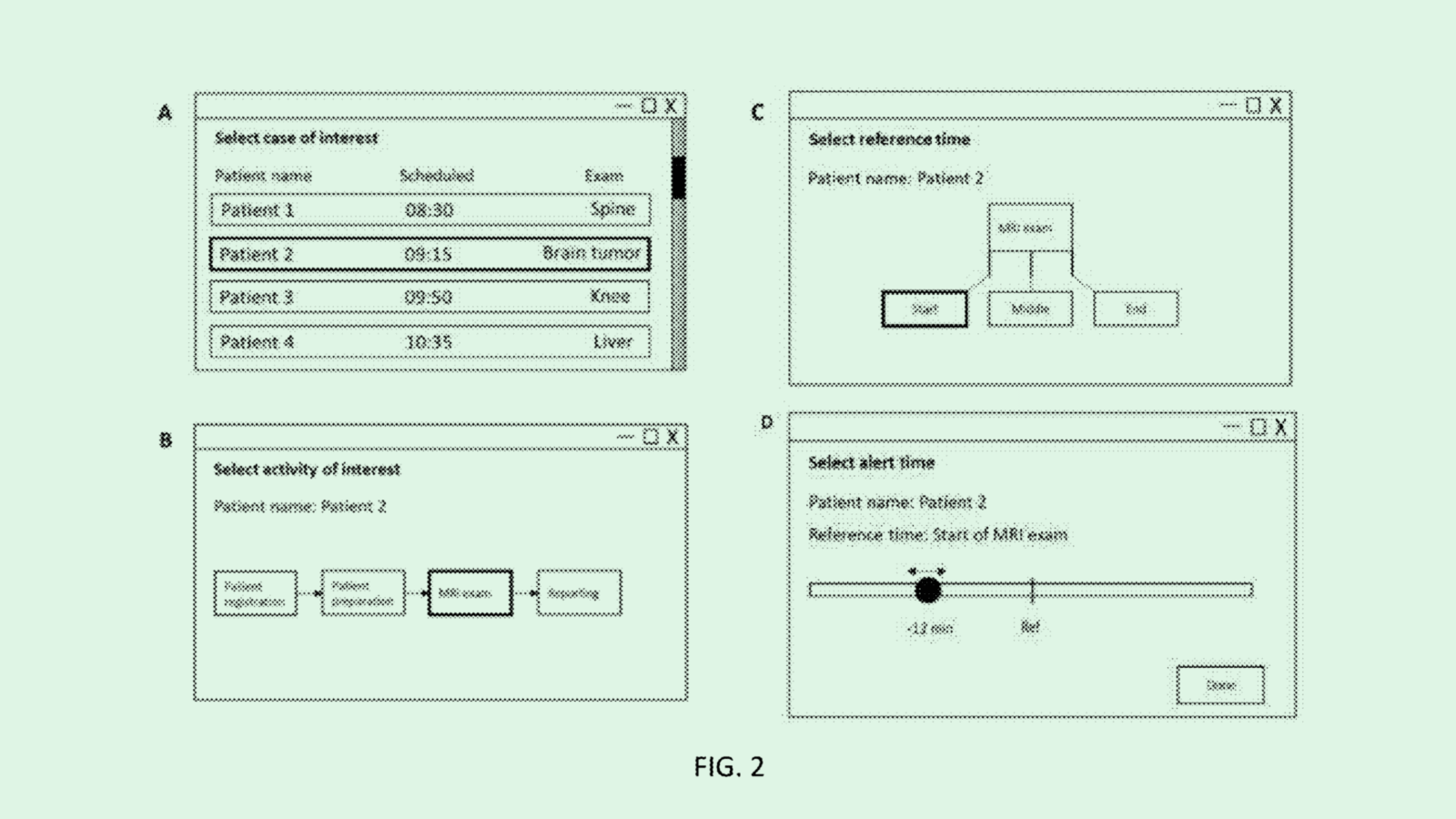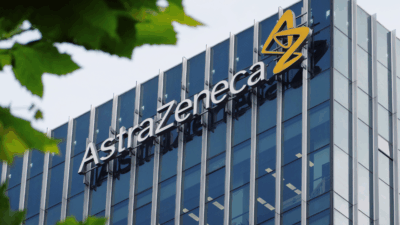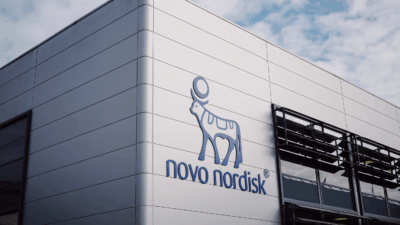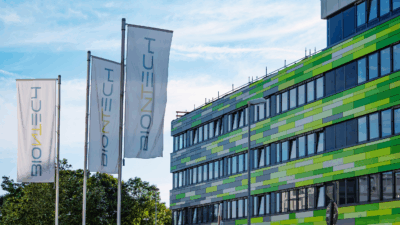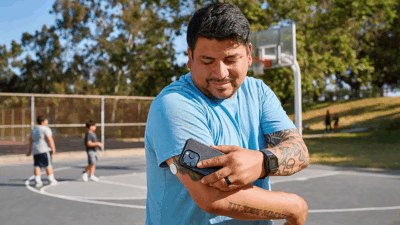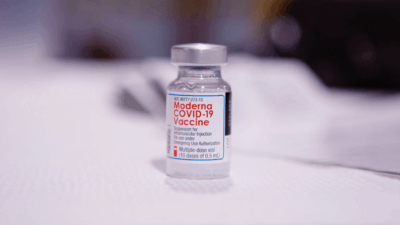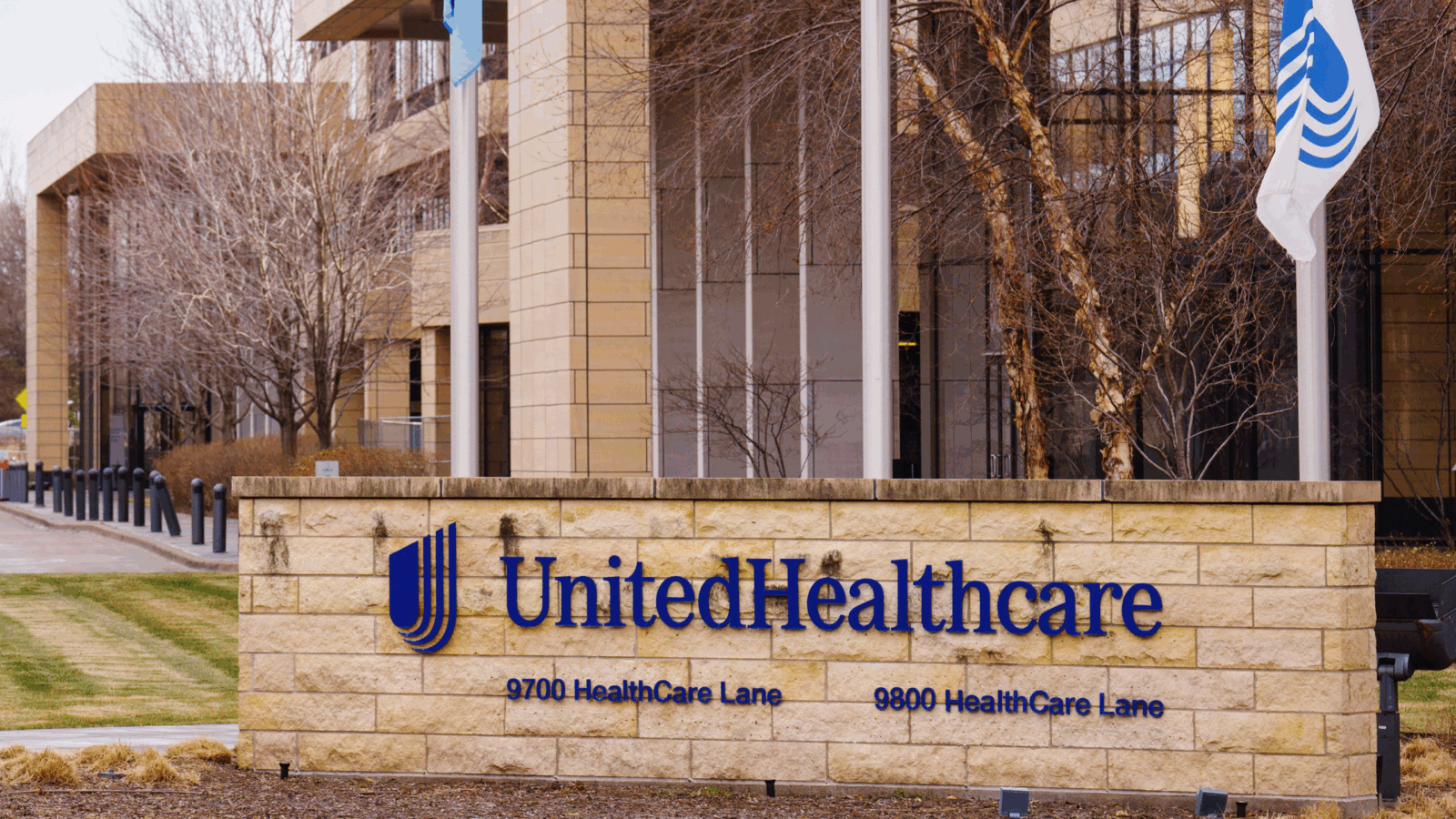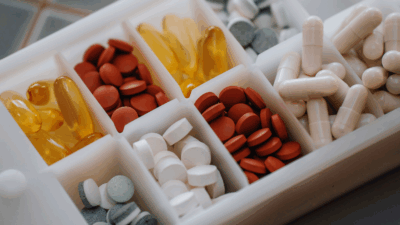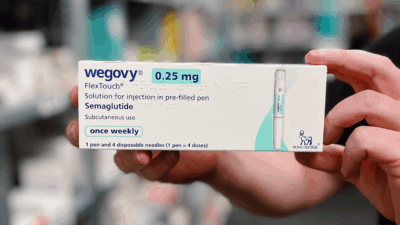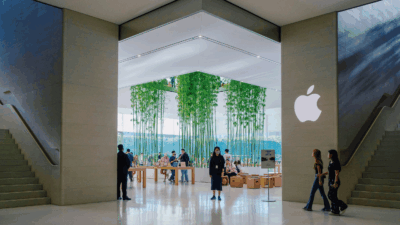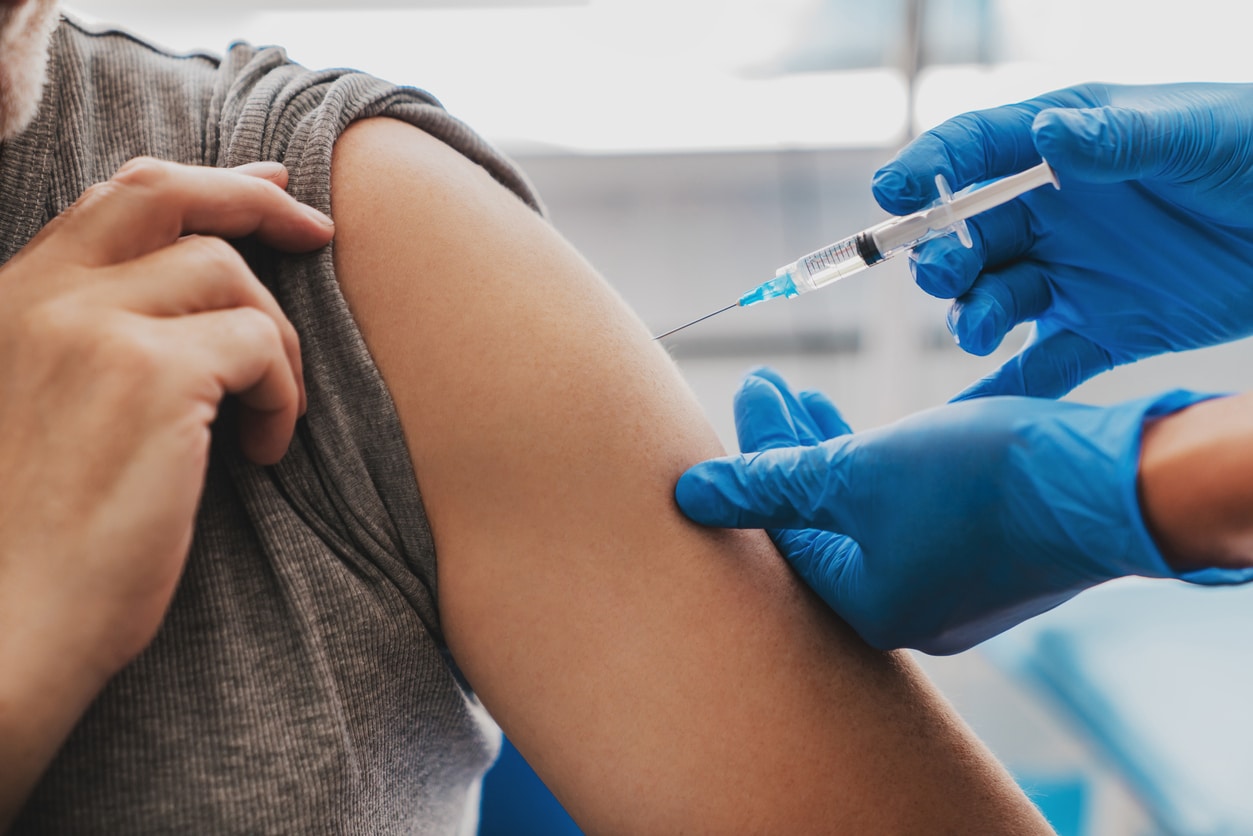
Sign up for smart news, insights, and analysis on the biggest financial stories of the day.
Slow and steady wins the race, right? Well, not when it comes to a finite pandemic.
Nearly fifteen months after the first coronavirus vaccine gained emergency use authorization by the US FDA (and 555 million jabs in American arms later), Maryland-based Novavax is one step closer to bringing its once-promising COVID jab to market.
Has The Shot Clock Expired?
It’s been a long and winding road to approval for Novax, beginning with a $1.6 billion contract from the government in July 2020 to develop and deliver 100 million doses of its vaccine candidate. But the company fell behind the more experienced and cash-rich competitors and struggled to prove it could reliably produce its doses on a mass scale, Novavax Chief Medical Officer Filip Dubovsky told The Wall Street Journal. Initially, the company’s convoluted production process involved shipping components to and from the Serum Institute of India.
Novavax finally submitted a request for authorization in late January, after a large Phase 3 trial showed 90% protection against symptomatic infection and 100% protection against severe illness, and a final agency decision is getting closer, according to The Journal. Unlike Pfizer and Moderna’s innovative use of mRNA vaccines, Novavax employed the more traditional inoculation technology that’s been used to vaccinate babies for diseases like hepatitis B for decades. If nothing else, the latecomers are adding another option to the vaccine menu:
- The European Union already authorized Novavax’s vaccine in December, and ordered 27 million doses for the first quarter of the year as part of a 100 million dose contract; Australia, Canada, and South Korea have approved the vaccine as well, promoting it as an mRNA alternative.
- “It’s important to offer the choice,” Carina Rodriguez, chief of infectious diseases at the University of South Florida, told The Journal. “Maybe it will not completely eliminate the issue of vaccine hesitancy but will help people who are not comfortable going with an mRNA vaccine.”
Lucky Number Four: Roughly 75% of American adults are fully vaccinated, according to the CDC, while a Kaiser Family Foundation poll in February found 19% of adults saying they would “definitely not” get the jab. Perhaps Novavax can score on the 4% who said they still want to “wait and see.”
